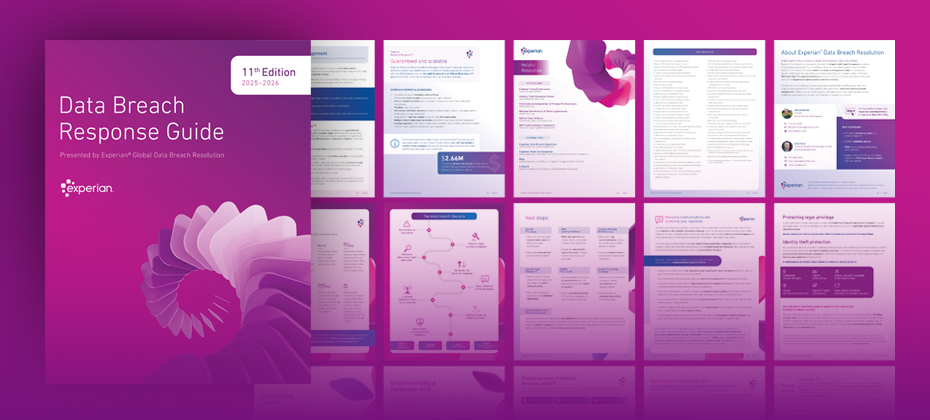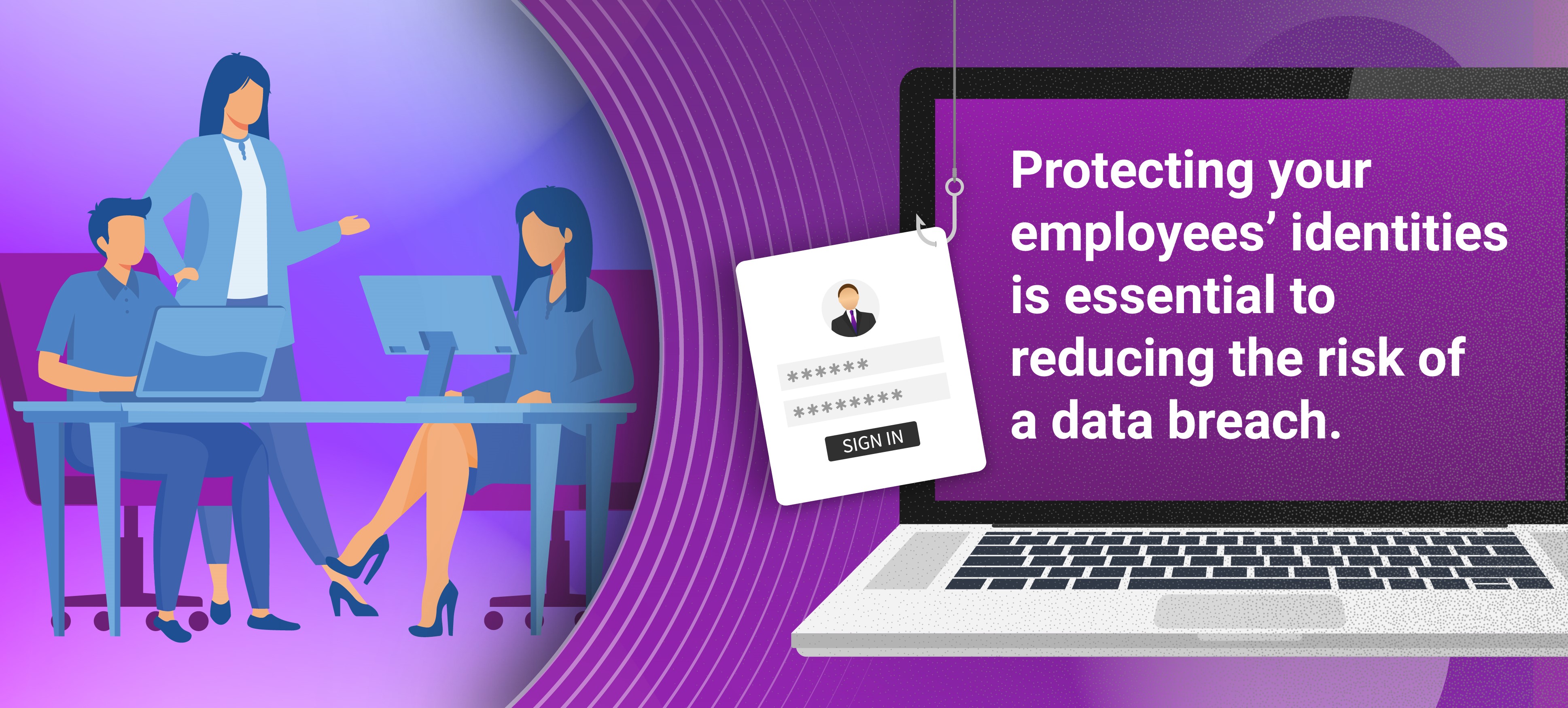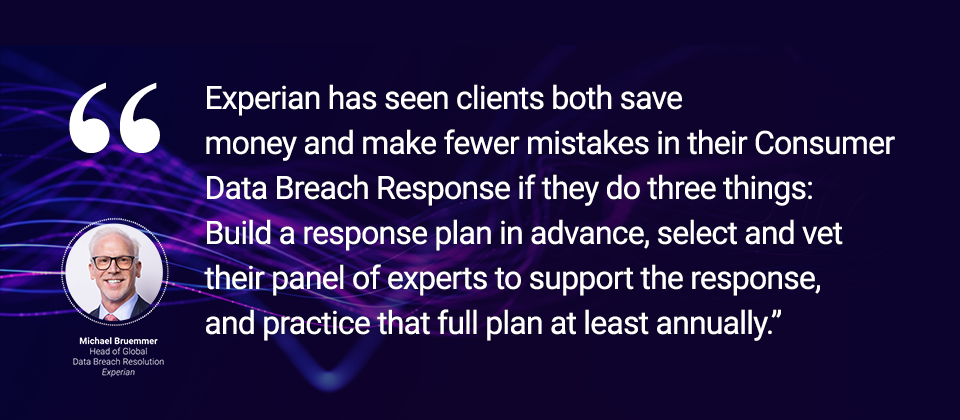
In the first six months of 2021, there was $590 million in ransomware-related activity, which exceeds the value of $416 million reported for the entirety of 2020 according to the S. Treasury’s Financial Crimes Enforcement Network.
Constant economic pressure coupled with the ever-increasing volume of data online have created an environment that’s ripe for attacks, leaving businesses and consumers vulnerable to attacks and theft.
What are ransomware attacks?
Ransomware is a subset of malicious software, AKA malware, that either threatens to publish or block access to data or a computer system. It often takes the form of a cyberattack where criminals take over an organization’s computer network. Once they’ve assumed control, the hackers demand a ransom to restore access to the illicitly encrypted data.
Additionally, ransomware attacks and data breaches are now becoming more closely linked, with sensitive data including employees’ personal information, HR records, and more being filtered out and distributed during or after the attack. In fact, Experian has found that 7 of 10 data breaches involve ransomware.
The negative impact of ransomware attacks
According to the Identity Theft Resource Center, the average ransom demand in 2021 was $5.3 million, a 518% increase from the 2020 average.
Experian’s latest Data Breach Response Guide found that businesses were hit with ransomware attacks every 11 seconds in 2021. These attacks also take up to 20% longer to begin breach notifications, leaving businesses even more vulnerable.
In addition to the monetary loss and the time spent responding to and recovering from the attack, businesses also stand to suffer reputational damage, because consumer sentiment is that companies are responsible for protecting data. Having a plan in place makes a sizeable impact though, with 90% of consumers being more forgiving of companies that had a response plan in place prior to a breach.
How to protect against ransomware attacks
Experian’s 2022 Future of Fraud Forecast predicts that ransomware will be a significant fraud threat for companies as fraudsters will look for a sizeable ransom to cede control and potentially steal data from the hacked company.
Preparing for the possibility of an attack includes training your staff to spot the signs of a phishing attempt, having a response plan in place, and leveraging partner solutions.
To learn more about how Experian helps businesses protect against the fallout of a ransomware attack, visit us, and be sure to read about our other Future of Fraud predictions about cryptocurrency and Buy Now, Pay Later fraud.


